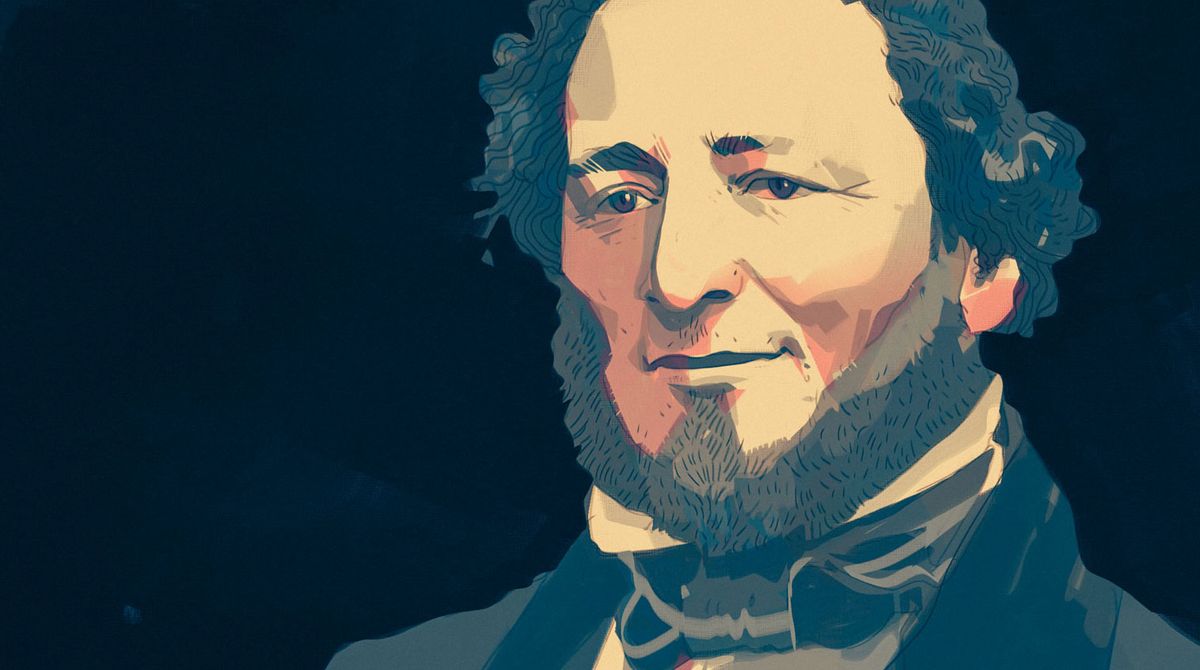DudleySmith
Diamond Member
- Dec 21, 2020
- 20,720
- 14,729
- 2,288

The Hunt for Judah P. Benjamin, the Spy Chief of the Confederacy
Suspected of orchestrating the Lincoln assassination, the South’s most prominent Jew escaped to London to start a new life as a high-powered lawyer. The U.S. government secretly tried to bring him home to face justice.
Two years after the Civil War’s guns went silent, the former Union General George H. Sharpe navigated London’s bone-biting cold and snowy rail lines to reach the U.S. diplomatic mission at 54 Portland Place. His orders from Washington were both secret and explosive: Capture the former secretary of state of the Confederacy, Judah Philip Benjamin, who’d found exile, and a lucrative law practice, in Victorian England.
.... and more, lots more; it's a long piece, with lots of interesting information, and the timelines seem accurate.

